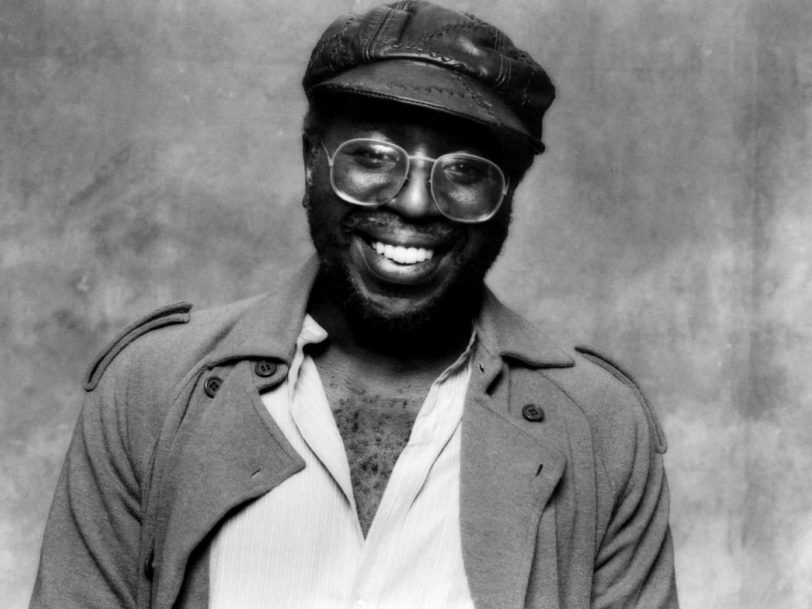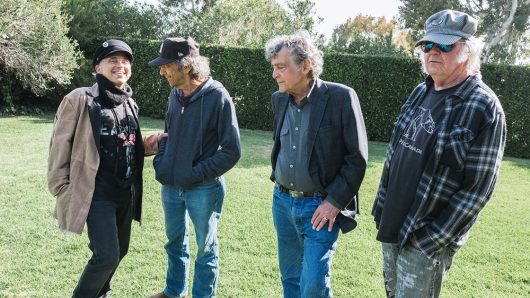From Louis Armstrong to Kanye West, Muddy Waters to George Clinton, and Charlie Parker to Aretha Franklin, America has produced an incredible array of influential black musicians during the last 100 years who have all played a pivotal role in shaping the style, form and direction of popular music. These trailblazers of jazz, blues, soul, funk and hip-hop have enriched pop’s DNA with unique melodic, harmonic and rhythmic innovations that have simultaneously propelled the music forward while reflecting the lives and times of its creators. During the 60s and 70s, in particular, black music was at the forefront of some of the most exciting developments in pop culture, fusing pioneering sounds with a socio-political consciousness that laid the groundwork for future generations to follow.
Listen to classic songs from the world’s most influential black musicians here.
Progressive and expansive: black music in the 60s and 70s
The 60s was a key decade for black music, witnessing the emergence of the influential soul and funk music styles that ushered in a more progressive and expansive approach to music-making in the 70s. The seeds for what became soul music were sown in 1955 when Ray Charles controversially married the sanctified cadences of gospel music with the sensuality of the blues on his groundbreaking single I Got A Woman. Charles’ chart-topping hybrid established a blueprint for what evolved into soul music during the 60s and which was further developed by the innovations of James Brown, Sam Cooke, Solomon Burke, Carla Thomas, Otis Redding, Aretha Franklin and Marvin Gaye.




